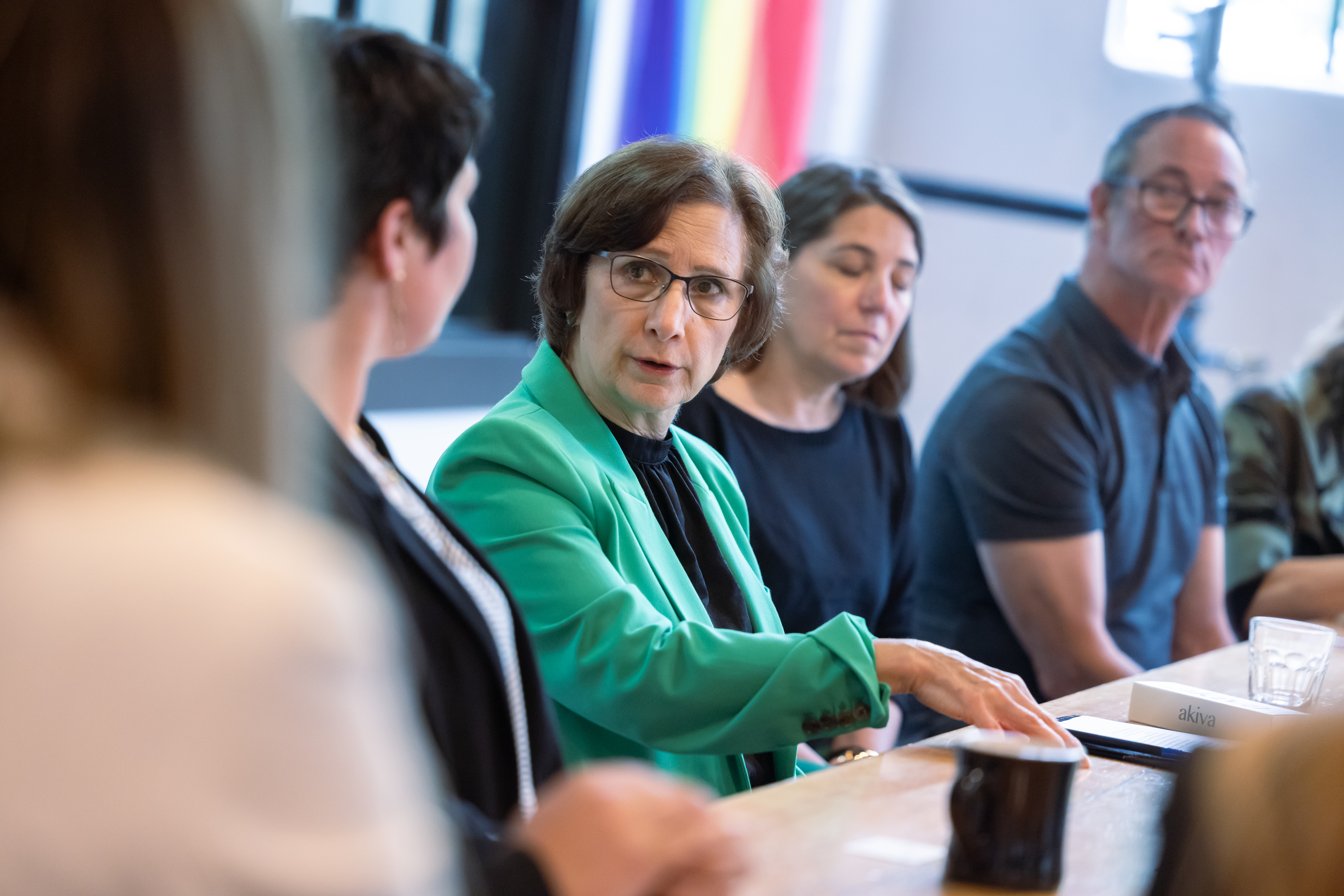Capital Chatter: Kotek can restart county-state relationships, but she must listen
Published 5:00 pm Thursday, November 17, 2022

- capital chatter logo
Gov.-elect Tina Kotek should consider Oregon’s county commissioners as her partners in government, not mere stakeholders.
They made that clear when I spoke Thursday at the Association of Oregon Counties annual conference in Eugene. It’s a point they’ve made before, one that Gov. Kate Brown didn’t quite embrace.
Kotek can restart that county-state relationship. And county officials said they look for her to fully engage with them, not just superficially drop to say hello.
They appreciated the comment I shared from her victory speech last week: “I will work to bridge the divisions in our state. I’ll spend time in communities all over Oregon, working to fix problems and partner with Oregonians who want to find solutions.”
I hope those words indicate a desire to listen to devil’s advocates, contrarians and naysayers – and to include curmudgeons, questioners and dissenting voices within Kotek’s inner circle – instead of dismissing them as unwilling partners.
In any case, county officials look forward to Kotek’s following through on her pledge, which she made during an election debate, to hold town halls in all 36 counties.
I humbly suggest these be listening sessions, not talkathons. Gov. Barbara Roberts in 1991 embarked on a high-tech Conversation with Oregon through the state telecommunications network. But it didn’t go as planned. As I recall, it was more lecture than conversation. And she got yelled at, which isn’t good either.
They need to happen soon. Political scientist Jim Moore said his advice would be for Kotek to hold public meetings in every county with local legislators, county commissioners and mayors.
“She should sit down and say, ‘Here we are. We’re all together as Oregonians. Well, here’s what I see as the issues. Tell me what your issues are. How can we work together to move things where they need to go?’” Moore said.
These are challenging times for Oregon, yet voter turnout was less than four years ago despite Oregonians having three solid gubernatorial candidates from whom to choose. Thus civic engagement is among the challenges – especially how to involve non-affiliated voters. They participated in the Nov. 8 election at little more than half the rate of Democrats and Republicans.
Yes, the more Kotek gets to know Oregon – and Oregonians – the better we will be.
Politics, like most crafts, is the art of relationships. Being governor and CEO is far different than being a legislative leader, as Govs. Brown, John Kitzhaber, Roberts and other predecessors found.
2023 will bring many new legislators. They will gather in a Capitol that is in physical upheaval, which will hamper relationship-building. It simply will be more difficult for folks to run into one another.
For months, legislators have met only by videoconference and phone, including on Wednesday to receive the latest economic and revenue forecasts. They’ll finally be back in person Dec. 7-9 for Legislative Days.
During the ongoing renovations and seismic improvements, the Capitol remains open, including legislators’ offices and most hearing rooms. The oldest section, including the rotunda, are closed except for Senate and House floor sessions, which will have limited space for the public. The governor’s, secretary of state, state treasurer and legislative support offices have been relocated to other buildings. Reporters are without a press room, so they either work remotely or in the halls. There are fewer public gathering places.
These temporary inconveniences to politicians, the public and the press are a small price to pay for a huge investment in safety. But these disadvantages will test the bipartisan teambuilding skills of Kotek; Corvallis Rep. Dan Rayfield, whom Democrats chose this week to return as House speaker; and whomever the majority Senate Democrats nominate as Senate president to succeed Peter Courtney, D-Salem.
As moderates retire from the legislative ranks, that president is sure to be more progressive than Courtney, who was forced by his Democratic caucus to become more partisan and less of a moderating influence.
Kotek, who won with 47.01% of the vote as of Thursday, also is more liberal than many Oregonians. In accepting the mantle of governor-elect, she vowed, “I promise to be a governor for all of Oregon.”





